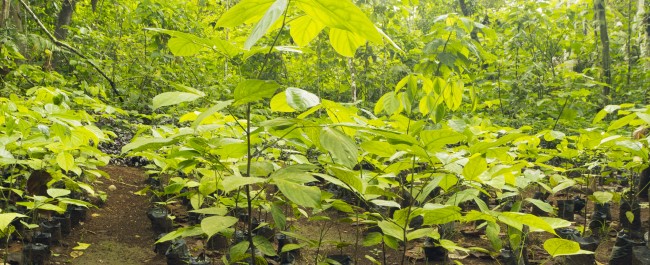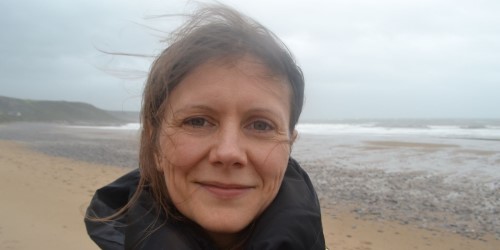Developing partnerships for indigenous reforestation

Developing practical models for reforestation that respect the knowledge, livelihoods and rights of forest-based communities
The challenge
Reforestation is widely recognised as an essential element of the global struggle to mitigate anthropogenic climate change. As such, it has been enshrined in numerous international agreements and rallying calls, including the United Nations’ emissions reduction scheme REDD+, the United Nations’ Decade on Ecosystem Restoration 2021-2030, the Bonn Challenge, and the World Economic Forum’s 1t.org initiative, which aims to restore and grow 1 trillion trees by 2030. It also lies at the heart of many corporate carbon offsetting schemes, which will play a crucial role in achieving net zero economies in the coming decades.
Concerns are growing, however, that the race to mitigate and offset emissions through reforestation is causing more harm than good. An over-reliance on large-scale planting of single tree species is displacing native biodiversity, and is unlikely to sequester anywhere near the same amount of carbon as diverse forest ecosystems. An emphasis on planting the most carbon-efficient tree species, or the most readily available seeds, is also sidelining the knowledges, livelihoods and rights of communities that regularly interact with forests. This includes indigenous communities, who are often acknowledged as the most effective guardians of existing forests and their biodiverse ecosystems, but are rarely consulted as experts and rights-holders in reforestation projects.
What we're doing
We are taking the first step in a broader research programme that will:
- Expose the stakes of carbon mitigation-oriented reforestation as currently practised, particularly its impacts on indigenous knowledges, livelihoods and rights (which have hardly been acknowledged, let alone theorised or documented in depth); and
- Develop models for more ecologically- and culturally-appropriate reforestation that centres the knowledges, livelihoods and rights of forest-based communities.
We are running workshops and a series of walking-talking tours of indigenous Mapuche communities’ forests and deforested lands, and the Universidad Austral’s botanic gardens in Valdivia, Chile, in January 2023.
How it helps
These activities aim to build a foundation for collaborative, interdisciplinary, international research that will illuminate the stakes of dominant approaches to reforestation, particularly their sidelining of the knowledges, livelihoods and rights of forest-based communities, and develop practical models for reforestation that respect these three things.
Investigators
- Dr Karen Tucker, SPAIS
- Dr Carlos Le Quesne, Universidad Austral de Chile
 Lead researcher profile
Lead researcher profile
Dr Karen Tucker, SPAIS
Related research centres
Partner organisations
- Universidad Austral de Chile
Funders
- Cabot Institute for the Environment Innovation Fund